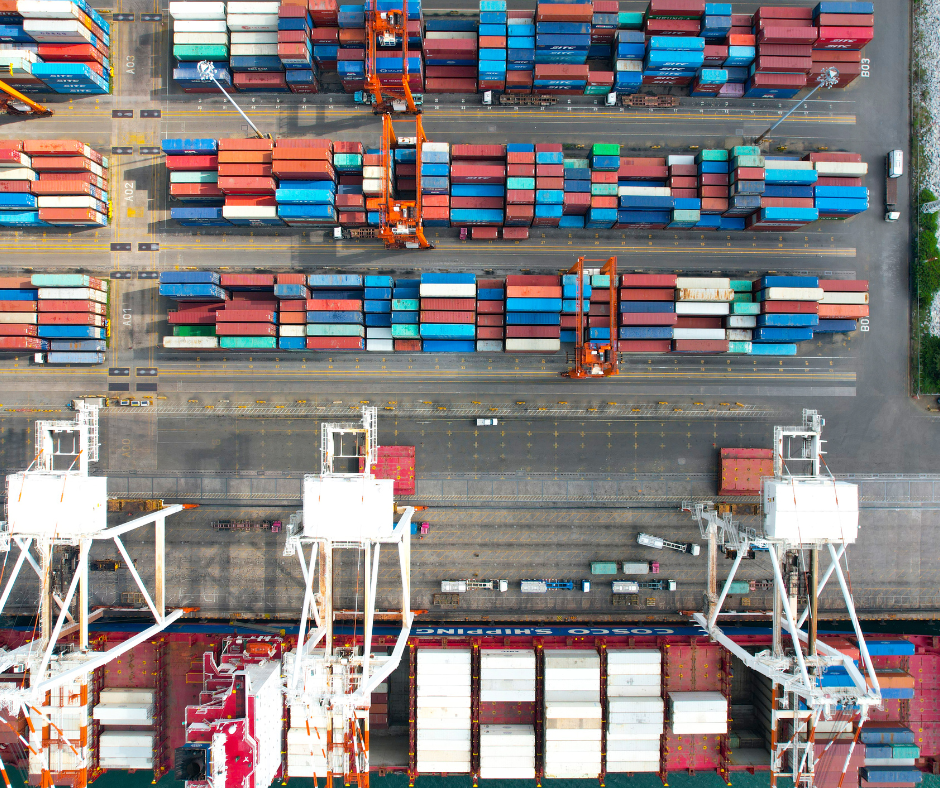Introduction: The Global Economy and the Need for Regulation
In today’s interconnected world, global trade and commerce drive economic growth, innovation, and international relations. However, with millions of transactions happening across borders every day, legal frameworks are necessary to maintain fairness, resolve disputes, and ensure smooth trade operations. This is where international law plays a pivotal role.
International law governs global trade by setting standards, resolving disputes, and ensuring compliance with agreed-upon regulations. Without it, trade could become chaotic, with countries imposing arbitrary rules, leading to conflicts and economic instability.
This article explores the role of international law in global trade regulation, its key components, major organizations, challenges, and the future of trade law in a rapidly evolving global market.
What Is International Trade Law?
International trade law is a body of rules and agreements that regulate cross-border trade between countries. It ensures that goods, services, and investments flow smoothly while minimizing trade barriers such as tariffs, quotas, and unfair restrictions.
The primary objectives of international trade law include:
Facilitating free trade – Promoting open markets and reducing trade barriers.
Ensuring fair competition – Preventing unfair trade practices like dumping and monopolies.
Dispute resolution – Providing legal mechanisms for resolving trade disputes.
Promoting economic stability – Reducing trade conflicts and ensuring predictable global commerce.
Key Organizations Regulating Global Trade and Commerce
1️⃣ World Trade Organization (WTO)
The WTO is the most influential global body in regulating international trade. Established in 1995, it sets rules for trade between nations and provides a dispute resolution mechanism.
- Key functions of the WTO:
✅ Administers global trade agreements
✅ Handles trade disputes through its Dispute Settlement Body (DSB)
✅ Monitors national trade policies
✅ Provides technical assistance to developing countries
The WTO plays a crucial role in reducing tariffs, eliminating trade barriers, and promoting fair competition.
2️⃣ International Monetary Fund (IMF)
The IMF is not directly a trade organization but influences global commerce by:
Providing financial stability
Helping countries manage exchange rates and currency policies
Offering financial aid during economic crises
A stable global economy supports sustainable trade relationships, making the IMF an indirect regulator of global commerce.
3️⃣ United Nations Commission on International Trade Law (UNCITRAL)
UNCITRAL develops international trade laws and guidelines for:
Contracts for the sale of goods
Electronic commerce regulations
Dispute resolution frameworks
Intellectual property rights protection
It plays a key role in ensuring harmonization of international trade laws, making global business transactions more predictable.
4️⃣ World Bank
The World Bank helps developing nations integrate into global trade by:
Providing financial assistance for infrastructure projects
Supporting trade policy reforms
Encouraging foreign direct investment (FDI)
A well-functioning trade infrastructure is essential for economic development and reducing poverty.
Key International Trade Agreements
📜 General Agreement on Tariffs and Trade (GATT)
GATT was signed in 1947 and later evolved into the WTO. It played a key role in reducing tariffs and trade barriers, paving the way for open trade policies.
📜 North American Free Trade Agreement (NAFTA) → USMCA
Originally signed in 1994, NAFTA was replaced by USMCA in 2020. It promotes free trade between the U.S., Canada, and Mexico.
📜 Bilateral and Regional Trade Agreements
These include agreements like:
European Union (EU) Single Market – Allows free movement of goods, services, and capital among EU nations.
African Continental Free Trade Area (AfCFTA) – Unites 54 African nations into a single market.
Regional Comprehensive Economic Partnership (RCEP) – A mega trade deal among Asia-Pacific nations.
Such agreements streamline trade, boost investments, and promote regional economic cooperation.
How International Law Regulates Key Trade Aspects
1️⃣ Tariffs and Trade Barriers
- International trade laws limit excessive tariffs and protect businesses from unfair restrictions.
- WTO agreements ensure that member countries follow uniform rules to prevent economic discrimination.
2️⃣ Intellectual Property Protection (IPR)
- Agreements like TRIPS (Trade-Related Aspects of Intellectual Property Rights) ensure patents, copyrights, and trademarks are protected.
- Strong IPR laws encourage innovation and foreign investment.
3️⃣ Anti-Dumping and Fair Trade Practices
- Countries sometimes export goods below market price to eliminate competition—this is called dumping.
- Anti-dumping laws ensure fair pricing, preventing economic damage to domestic industries.
4️⃣ Environmental and Labor Standards
- Modern trade agreements include sustainability and labor rights provisions.
- ILO (International Labour Organization) ensures that trade policies protect workers’ rights and promote ethical business practices.
Challenges in International Trade Law
Despite its importance, international trade law faces several challenges:
Protectionism – Countries imposing high tariffs and import restrictions to protect local industries.
Trade Wars – Disputes like the U.S.-China trade war create instability in global markets.
Non-Tariff Barriers – Hidden restrictions such as complex regulations and licensing requirements slow down free trade.
Digital Trade and E-Commerce Issues – The rise of online transactions creates legal challenges regarding data privacy, cybersecurity, and taxation.
Climate Change and Sustainability – Trade laws must adapt to address global environmental concerns like carbon emissions and green energy policies.
To remain effective, international trade laws must continuously evolve to meet new economic and technological challenges.
The Future of International Trade Law
The future of trade law will be shaped by technology, environmental concerns, and geopolitical changes. Some key trends include:
Blockchain in Trade – Blockchain technology will increase transparency and security in global trade.
Artificial Intelligence (AI) – AI-driven trade forecasting will improve policy-making.
Green Trade Policies – Future trade agreements will focus on sustainability and carbon reduction.
Digital Trade Regulation – Laws for digital commerce will become more crucial.
As businesses expand across borders, compliance with international trade laws will be more critical than ever. Companies that adapt to these legal frameworks will gain a competitive edge in the global marketplace.
conclusion: Why International Trade Law Matters
International trade law is the backbone of the global economy. It promotes fair competition, resolves disputes, and ensures predictable trade relations. Without it, international commerce would be chaotic, leading to economic instability and trade conflicts.
As global trade continues to evolve, businesses and governments must stay informed, comply with trade regulations, and embrace legal innovations to thrive in an increasingly interconnected world.
By understanding and leveraging international trade law, companies can expand their markets, reduce risks, and drive sustainable growth.
The future of global trade belongs to those who adapt, innovate, and comply with international legal frameworks.






